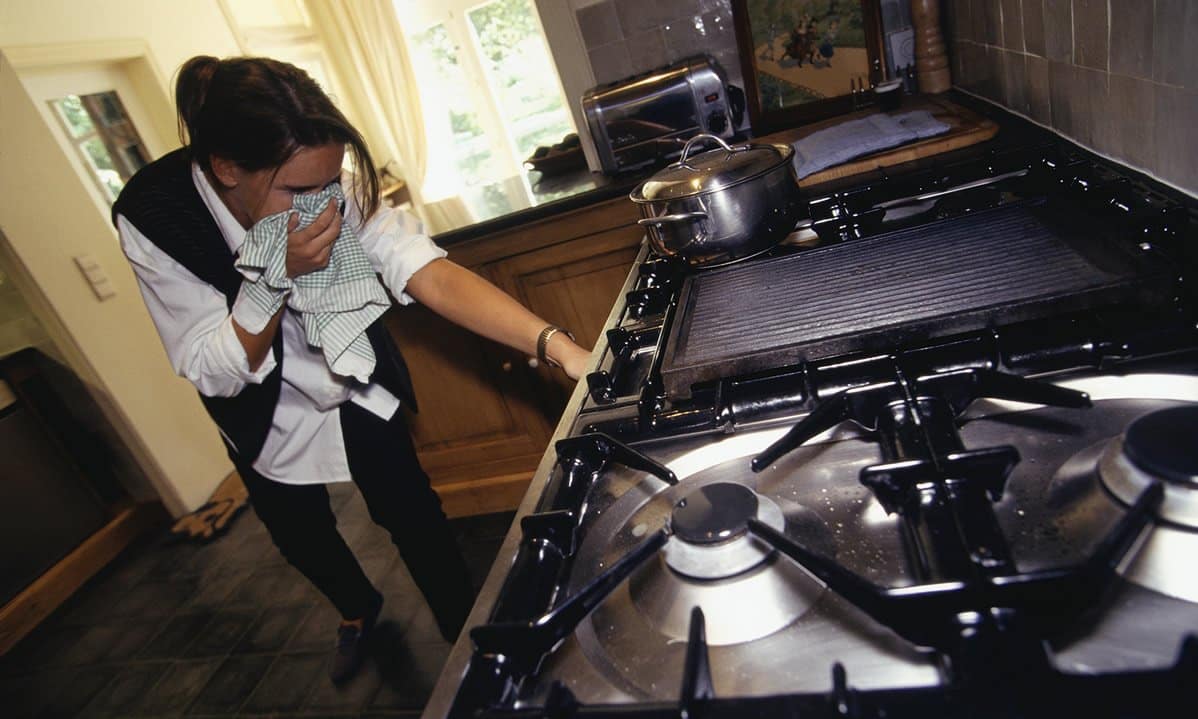LifeHacks
The Ultimate Earthquake Survival Tips That Will Really Save Your Life
Natural disasters are happening left and right. By now, you should be aware that preparation is the best way to survive earthquakes, floods, hurricanes, and other events that Mother Nature may unleash.
It doesn’t matter which part of the world you’re in, you should make the immense effort to prepare for a potential life and death situation. Earthquake survival tips are plenty, so here are several that really can make a difference when a terrifying tremor strikes.
Earthquake Safety Tips – How to Survive?
Before the Earthquake
Build a specialized emergency kit that includes the following.
- Canned food and water for each member of your family for at least 3 days.
- A battery-powered or hand-crank radio.
- Flashlights
- Spare batteries
- First-aid kit
- Can opener
- Toilet paper
- Garbage bags
- And plastic ties for personal sanitation.
Move furniture and other stuff in strategic spots.
Large and heavy objects should be on lower shelves, while breakable items should be hidden in closed cabinets with safety latches. Objects that can be flying hazards, such as picture frames and mirrors, should be secured to the wall or taken down. Anchor tall furniture such as book cases and filing cabinets using wall studs. Secure electronics with flexible nylon straps.
Repair leaky gas connections and defective electrical wiring.
Let a professional do it, never attempt to DIY it.
During an Earthquake
If you’re indoors, stay inside.
- Stay calm. If you’re inside, protect yourself from falling objects by staying under desks, tables, or along an interior wall.
- Stay clear of exterior walls, glass, heavy furniture, fireplaces and appliances.
- The kitchen is a particularly dangerous spot.
- Stay in bed if you are there when the earthquake strikes. Hold on and protect your head with a pillow, unless you are under a heavy light fixture that could fall. In that case, move to the nearest safe place.
- If you’re in an office building, stay away from windows and outside walls and do not use the elevator.
- Stay inside until the shaking stops and it is safe to go outside.
- Do not exit a building during the shaking. Research has shown that most injuries occur when people inside buildings attempt to move to a different location inside the building or try to leave.
If you’re outside, stay outside.
- If you happen to be outdoors, stay away from trees, power lines, streetlights, utility wires, and buildings.
- Move to an open area to avoid falling objects or structures.
- If you’re in a mountainous area, beware of the potential for landslides.
- Likewise, if you’re near the ocean, be aware that tsunamis are associated with large earthquakes. Get to high ground.
If you’re driving.
- Slow down and pull over as soon as it is safe to do so.
- Stay away from any buildings, large signs, trees, under power lines, and under bridges and overpasses.
- Keep your seat belt on and remain in your car until the earthquake is over.
- Check your radio for any updates. In the event of a large scale earthquake, most radio stations will broadcast emergency updates.
- Most importantly, have an emergency earthquake road kit prepared.
- Once the earthquake has stopped, you must proceed with extra caution. Keep a careful eye out for any major damages that have left any road obstructions or dangers.
After an Earthquake
Stay calm and prepare for aftershocks.
- Stay calm. Help others if you are able.
- Be prepared for aftershocks. Seek cover and hold on.
- Protect your body from injuries by wearing long pants, shirt with long sleeves, thick shoes, and work gloves.
- Treat wounds immediately using your First-aid kit
- Use your radio for news and safety instructions
If you are trapped under debris.
- Do not light a match. If there’s a gas leak, lighting a match could cause an explosion.
- Do not move around or kick up dust.
- Cover your mouth with a handkerchief or clothing.
- Tap on a pipe or wall so rescuers can locate you. Use a whistle if one is available. Shout only as a last resort. Shouting can cause you to inhale dangerous amounts of dust.

-
OMG6 years ago
Man Iced Neighbor Who Repeatedly Asked Him “When Are You Getting Married?”
-
Interesting7 years ago
The Secret Meaning of Anklets And Why Some Wives Wear Them
-
Interesting7 years ago
Waking Up Between 3 to 5 AM Could Mean You’re Experiencing Spiritual Awakening
-
Interesting6 years ago
Pork Fat Is Officially One of the World’s Most Nutritious Foods







































